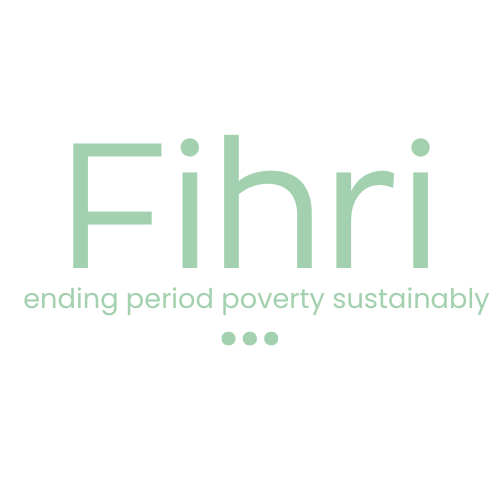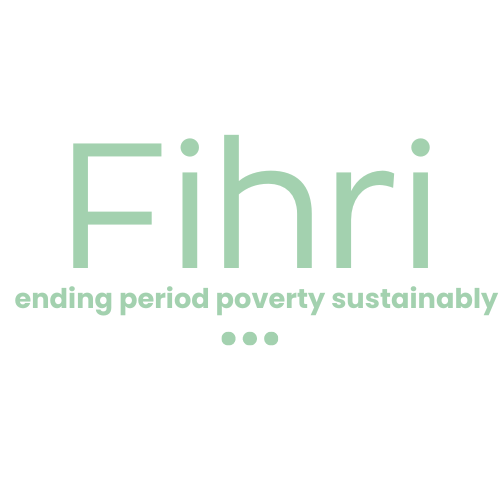What is Period Poverty?
Period poverty is lack the access or financial means to menstrual products.
Emotional and Financial Impact of Period Poverty
Emotional Impact of Period Poverty
Period poverty is a devastating reality affecting millions of women and girls worldwide. The emotional impact of period poverty is profound and far-reaching, with isolation being a particularly damaging aspect.
For those who cannot afford menstrual products, the shame and embarrassment of being unable to manage their periods can be overwhelming. They may feel like they are the only ones experiencing this problem, leading to feelings of isolation and loneliness.
They may avoid social situations, such as school or work, out of fear of being ridiculed or ostracized. This isolation can also lead to mental health issues, including anxiety and depression, as well as low self-esteem and feelings of worthlessness.
The physical discomfort and health risks associated with period poverty can exacerbate the emotional toll. Without access to clean and safe menstrual products, they may resort to using unsanitary materials like rags or leaves. This can lead to infections and other health problems.
It is crucial that we address this issue and work to ensure everyone has access to the menstrual products and support they need.
Financial Implications of Period Poverty
Missed Educational Opportunities: Period poverty can lead to missed educational opportunities, including reduced attendance, dropout rates, and reduced academic achievement. This can result in reduced economic opportunities and a loss of potential contributions to society.
Lost Wages: For individuals who miss work or school due to their periods, there is a loss of income or education. This can lead to reduced productivity, missed opportunities for career advancement, and lower wages in the long run.
Medical Expenses: Individuals who cannot afford or access menstrual products may resort to using unsanitary materials or reusing products, leading to infections and other health issues. This can result in additional medical expenses and missed work or school days.
Reduced Economic Growth: Period poverty is a significant barrier to economic growth, as it limits the potential of individuals, particularly women and girls, to participate fully in education and the workforce. This can result in reduced productivity and a loss of potential economic output.






















